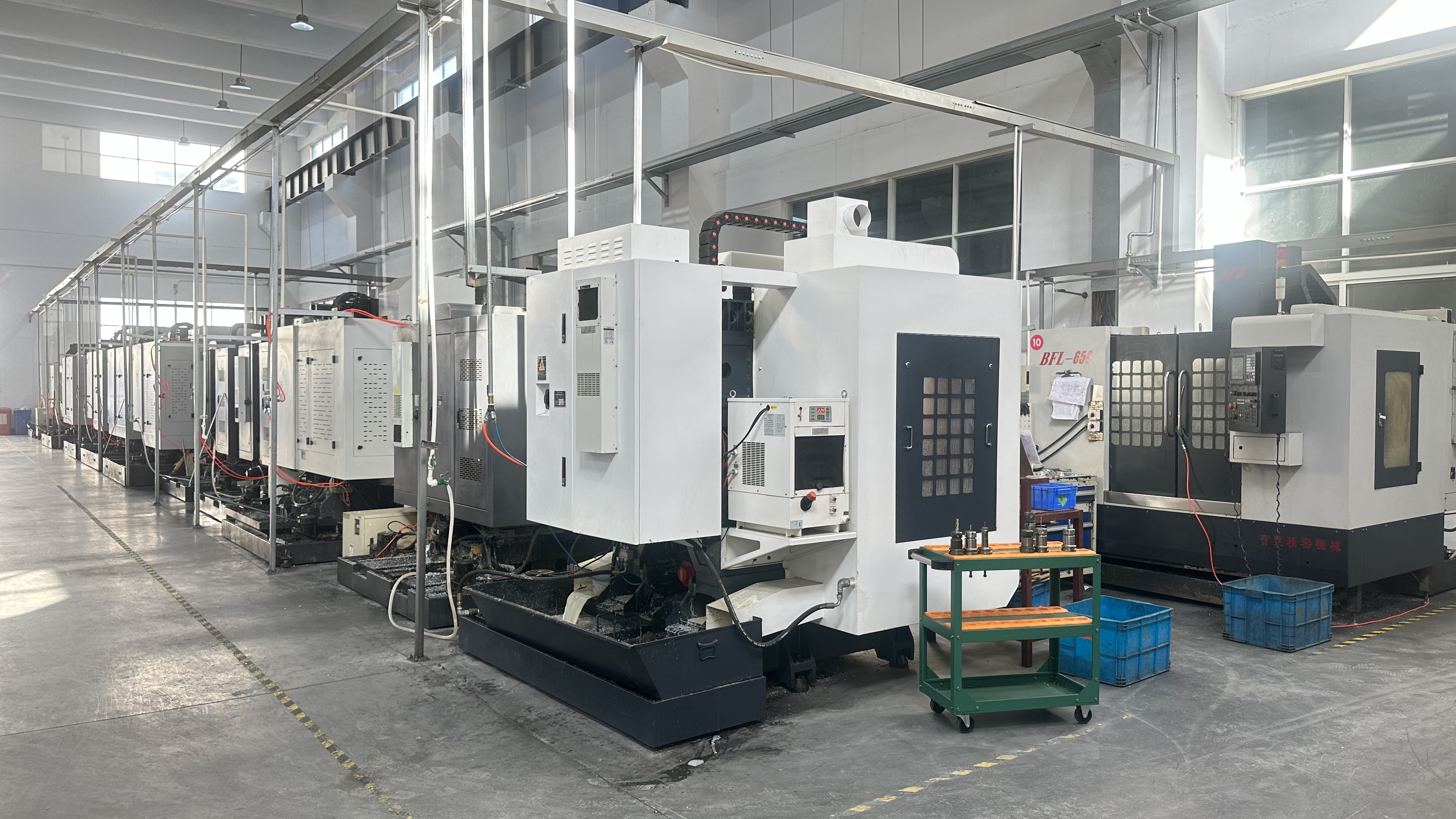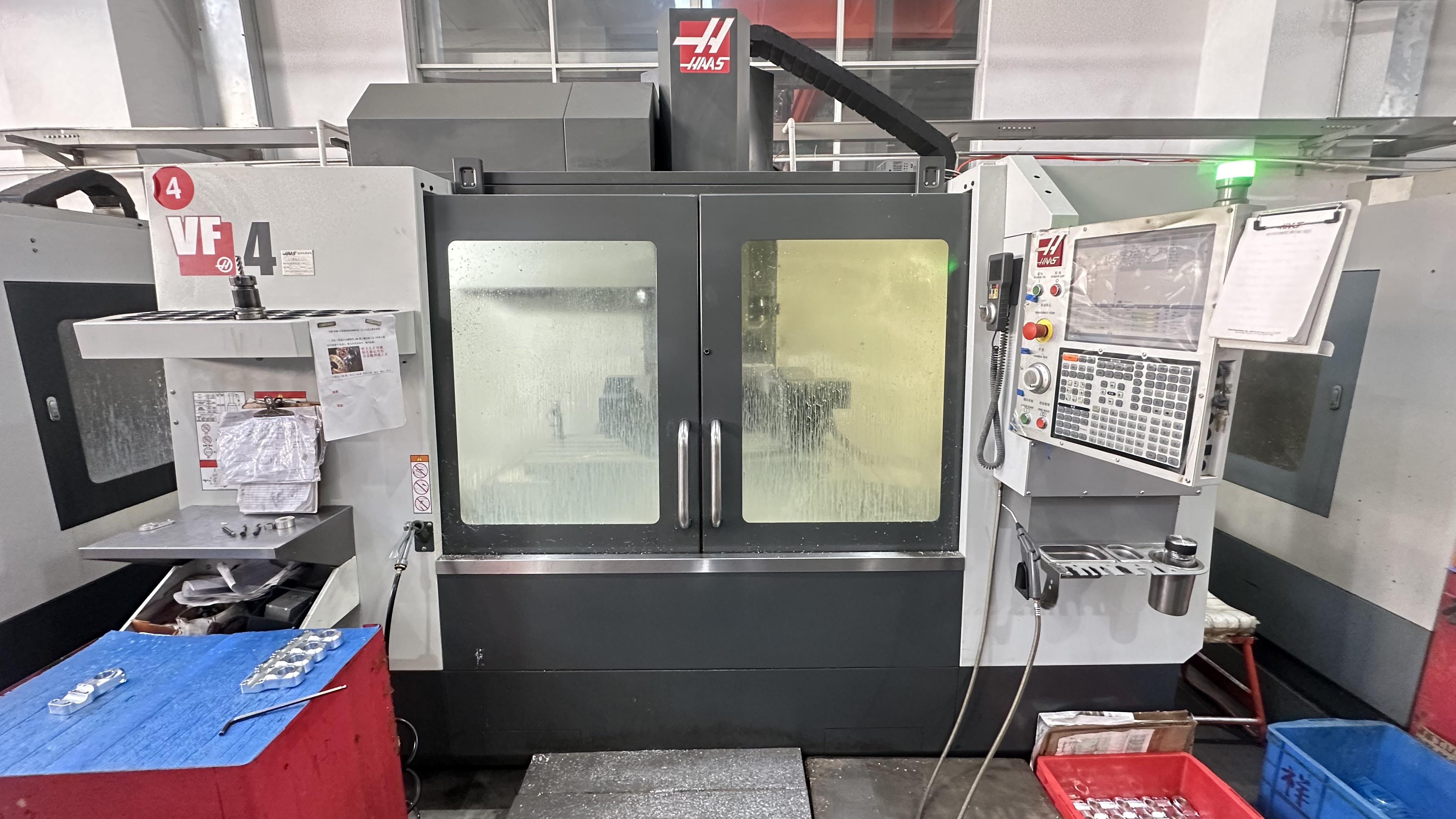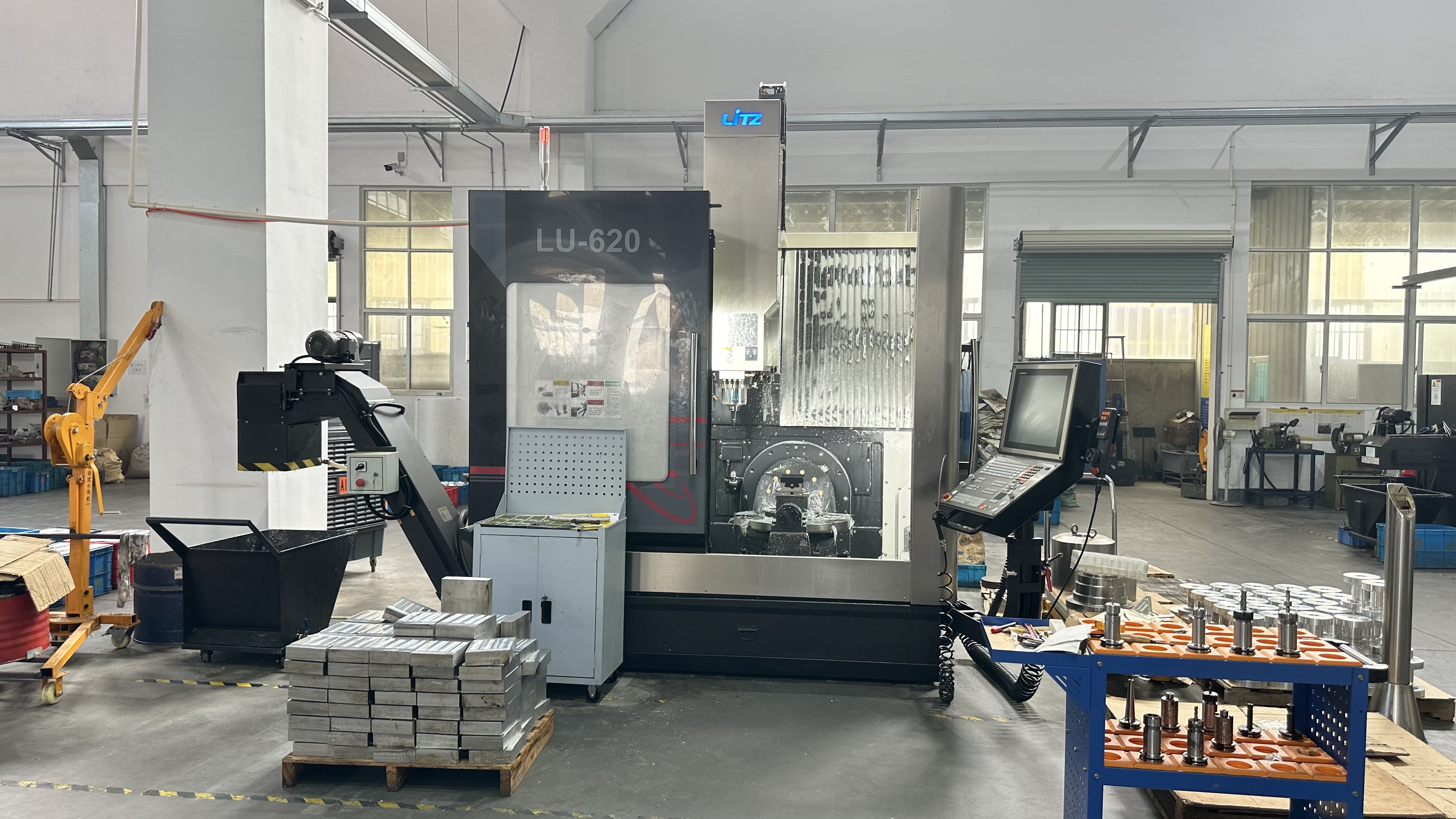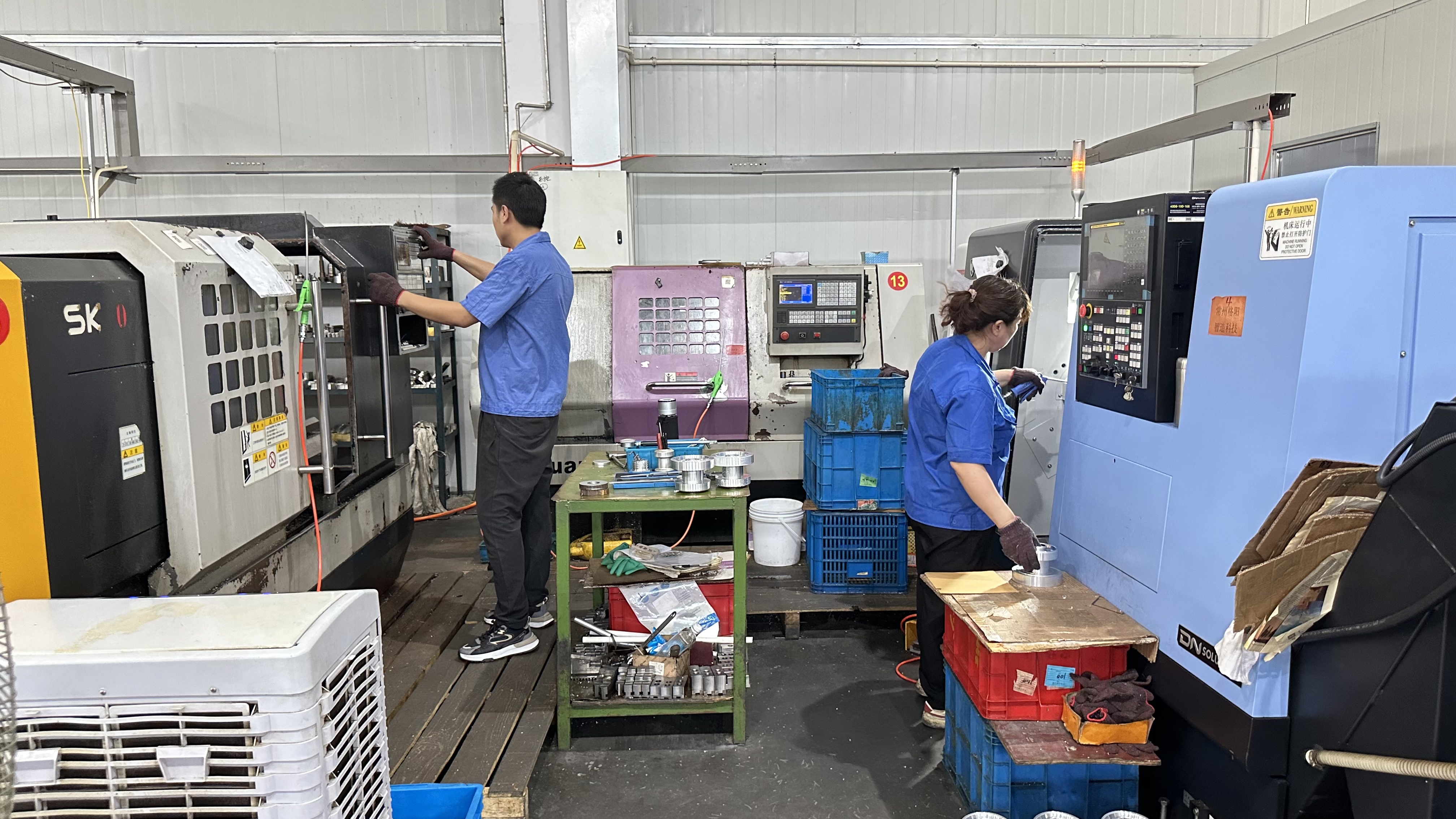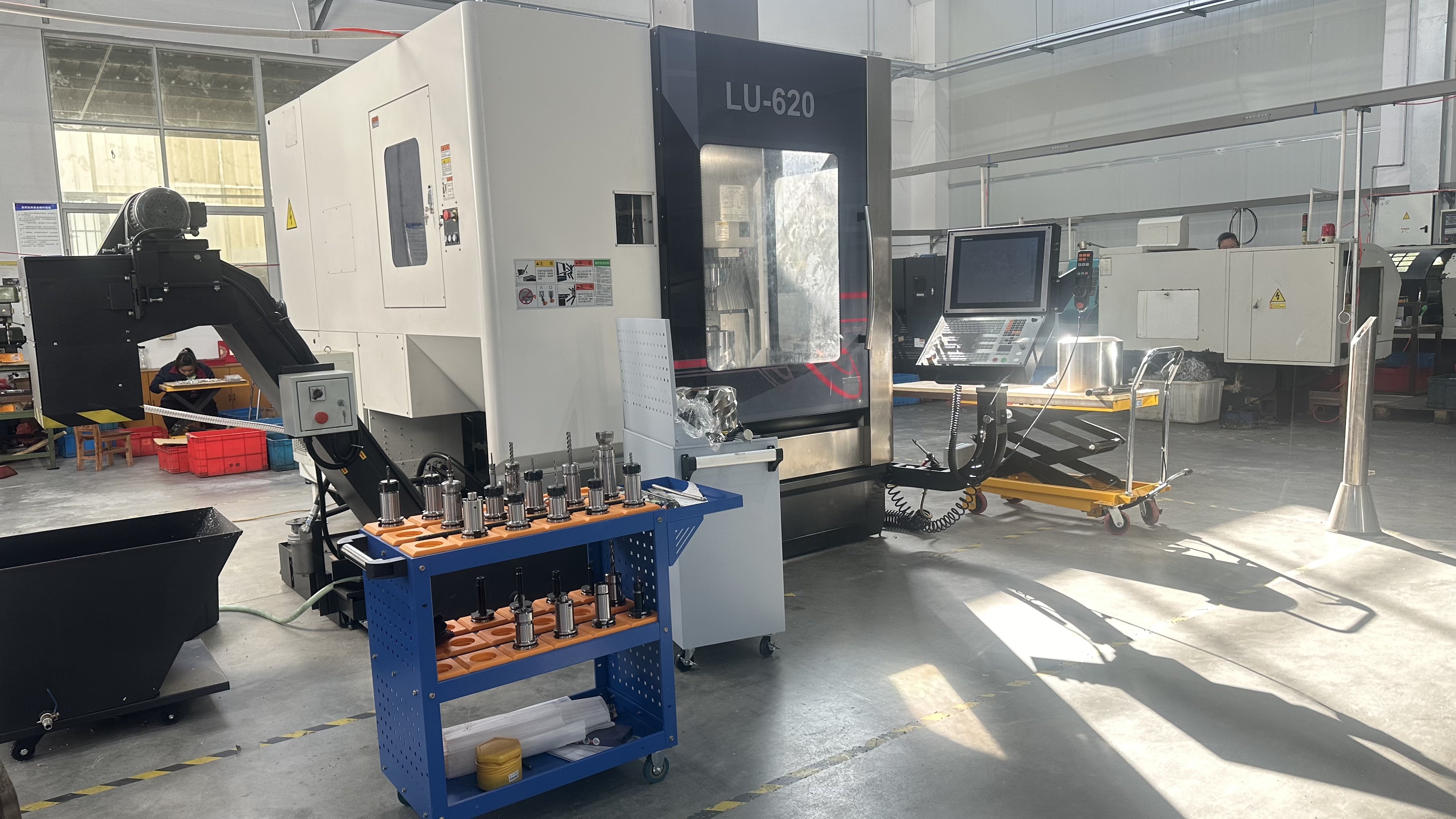Go Kart Aluminum Split 428 Sprocket: Lightweight Efficiency for Dynamic Performance
The Go Kart Aluminum Split 428 Sprocket is a high-performance drivetrain component designed to optimize power delivery and simplify gear changes for go-kart racing and recreational setups. Crafted from lightweight 6061 T6 or 7075 T6 aluminum, it’s tailored for #428 pitch chains (12.7mm) and available in tooth counts from 30T to 60T, fitting engines like Predator 212cc, Honda GX200, Tillotson, or Briggs LO206. Compatible with chassis from Manco, Yerf-Dog, Trailmaster, and Hammerhead, and axles from 25mm to 50mm, this sprocket is perfect for racers, mechanics, and DIY enthusiasts, building on your interest in sprockets and mounts (March 18 and April 11-15, 2025). Whether you’re dialing in ratios for a dirt track or upgrading a custom kart, this split aluminum sprocket offers durability, quick swaps, and precise chain engagement for seamless performance.
What Is a Go Kart Aluminum Split 428 Sprocket?
A Go Kart Aluminum Split 428 Sprocket is a two-piece, bolt-together rear sprocket that drives a #428 pitch chain, connecting the engine’s output to the axle. CNC-machined from 6061 T6 aluminum for affordability or 7075 T6 for racing-grade strength, its split design allows tooth changes without removing the axle or chain, featuring 3-hole (58mm) or square-hole mounts. This sprocket balances weight and toughness, ideal for torque-heavy karts or fast-paced racing.
Why Use an Aluminum Split 428 Sprocket?
Aluminum split sprockets reduce rotating mass compared to steel, boosting acceleration and handling, a benefit you’ve explored with drivetrain parts. The #428 pitch offers robust chain strength for 4-cycle or clone engines, while the split design enables pit-friendly gear swaps, saving time. Anodized finishes resist corrosion, making it a versatile choice for racers tweaking performance or builders seeking lightweight reliability.
Designed for Agility and Compatibility
Our #428 Split Aluminum Sprockets are engineered for 25mm to 50mm axles, with 30T to 60T options for gear ratios of ~3:1 to 8:1 when paired with front sprockets (9T-20T). Available in black, silver, or color-anodized finishes, they fit chassis like Carter Brothers, Coleman, and American Sportworks, supporting engines from 150cc to 300cc, ensuring a dynamic, adaptable drivetrain solution.
Key Features of the Go Kart Aluminum Split 428 Sprocket
The Aluminum Split 428 Sprocket blends precision craftsmanship, lightweight materials, and practical functionality, making it a top pick for kart performance. Here’s what sets it apart.
6061 T6 or 7075 T6 Aluminum Build
Machined from 6061 T6 aluminum (45,000 PSI tensile strength) or 7075 T6 (73,000 PSI), these sprockets weigh 0.6-1.5 pounds (e.g., 40T at 1 lb). Hard anodizing (30-50µm) extends life to 500-1,000 hours in dry conditions or 800 hours in wet, offering lightweight durability for racing or recreational karts.
Split Design for Fast Changes
The two-piece structure, bolted with M6 screws, allows tooth swaps (30T-60T) without axle disassembly, cutting pit time, as seen in RLV-style designs. This enables quick ratio adjustments (e.g., 35T to 45T) to shift from torque to speed, ideal for racers or builders testing setups on varied tracks.
Precision #428 Pitch Teeth
CNC-cut teeth ensure 0.01mm accuracy, meshing smoothly with #428 chains (12.7mm pitch) to minimize friction and wear. The profile supports high-torque loads, maintaining alignment for clones or 196cc engines, ensuring efficient power transfer in competitive or casual scenarios.
Anodized Corrosion Resistance
Hard-anodized finishes in black, blue, or gold enhance surface hardness (~400 HV), resisting scratches, chain abrasion, and rust. This protects against track debris or wet conditions, ensuring longevity for club racers or off-road enthusiasts, balancing cost and performance against steel.
Applications of the Go Kart Aluminum Split 428 Sprocket
The Aluminum Split 428 Sprocket’s versatility and strength make it ideal for a range of karting needs, from racing to custom builds, complementing your focus on sprockets and performance.
Recreational Kart Racing Efficiency
For club or dirt oval racing with Predator 212cc or Honda GX200 engines, this sprocket boosts agility on Manco or Trailmaster chassis. Lower teeth (30T-40T) favor torque for tight tracks, while its lightweight aluminum cuts inertia, enhancing responsiveness for local events or fun runs.
Off-Road and Durable Builds
In off-road or gritty conditions, the sprocket’s anodized finish resists mud and debris, pairing with #428 chains on rugged karts like Hammerhead. Mid-range teeth (35T-50T) balance power for trails, ensuring drivetrain reliability in dusty or wet environments, perfect for tough setups.
Custom Kart Drivetrain Upgrades
DIY builders, like your interest in mounts and sprockets, use these sprockets for bespoke karts, fitting engines like Briggs LO206 or Tillotson. The split design simplifies ratio tweaks during prototyping, while anodized colors add flair to show karts, streamlining custom drivetrains.
Junior and Mid-Level Racing
For junior karts or mid-level classes using clones or 212cc engines, the sprocket’s lightweight design supports speed on Coleman or Carter Brothers chassis. Higher teeth (45T-60T) aid top-end performance, and split construction eases adjustments, fostering skill growth with minimal fuss.
Technical Specifications and Usage Guide
To maximize the Go Kart Aluminum Split 428 Sprocket’s performance, understanding its specs and installation is key. Here’s a detailed guide.
Size and Compatibility
These sprockets fit #428 pitch chains (12.7mm), with 30T to 60T counts (~95mm to 190mm diameter) and mount on 25mm to 50mm axles via 3-hole (58mm) or square-hole hubs. They’re compatible with chassis from Manco, Yerf-Dog, and American Sportworks, and engines from 150cc to 300cc (e.g., Predator Ghost, Honda Clone).
Material Strength and Durability
6061 T6 aluminum offers 45,000 PSI tensile strength, lasting 500-800 hours in dry conditions or 800 hours in wet with anodizing, while 7075 T6 (73,000 PSI) extends to 700-1,000 hours. Anodized coatings (30-50µm) resist chain wear, ensuring reliability for racing or recreation.
Step-by-Step Installation Guide
Preparation: Select tooth count (e.g., 40T for balanced tracks) and verify axle size (e.g., 40mm). Gather sprocket, hub, M6 bolts, #428 chain, and tools (10mm wrench, hex key).
Positioning: Align sprocket halves around axle, centering with clutch sprocket (e.g., 12T) using a straight-edge for ~1/8” chain gap. Ensure teeth face outward.
Securing: Bolt halves together with M6 screws at 5-8 ft-lbs, then mount to hub with M6 bolts at 8-12 ft-lbs in a star pattern. Adjust chain to 1/4” slack.
Final Check: Spin axle to confirm smooth chain engagement and no wobble. Test at idle to verify alignment, repositioning if chain skips or binds.
Maintenance Tips
Inspect for tooth wear (>0.5mm hooking), anodizing chips, or loose bolts after races or wet runs, cleaning with a soft brush and mild solvent. Re-tighten bolts after 50 hours and replace if teeth crack or wear significantly, typically after 500-1,000 hours based on use. Store dry to prevent oxidation.




















